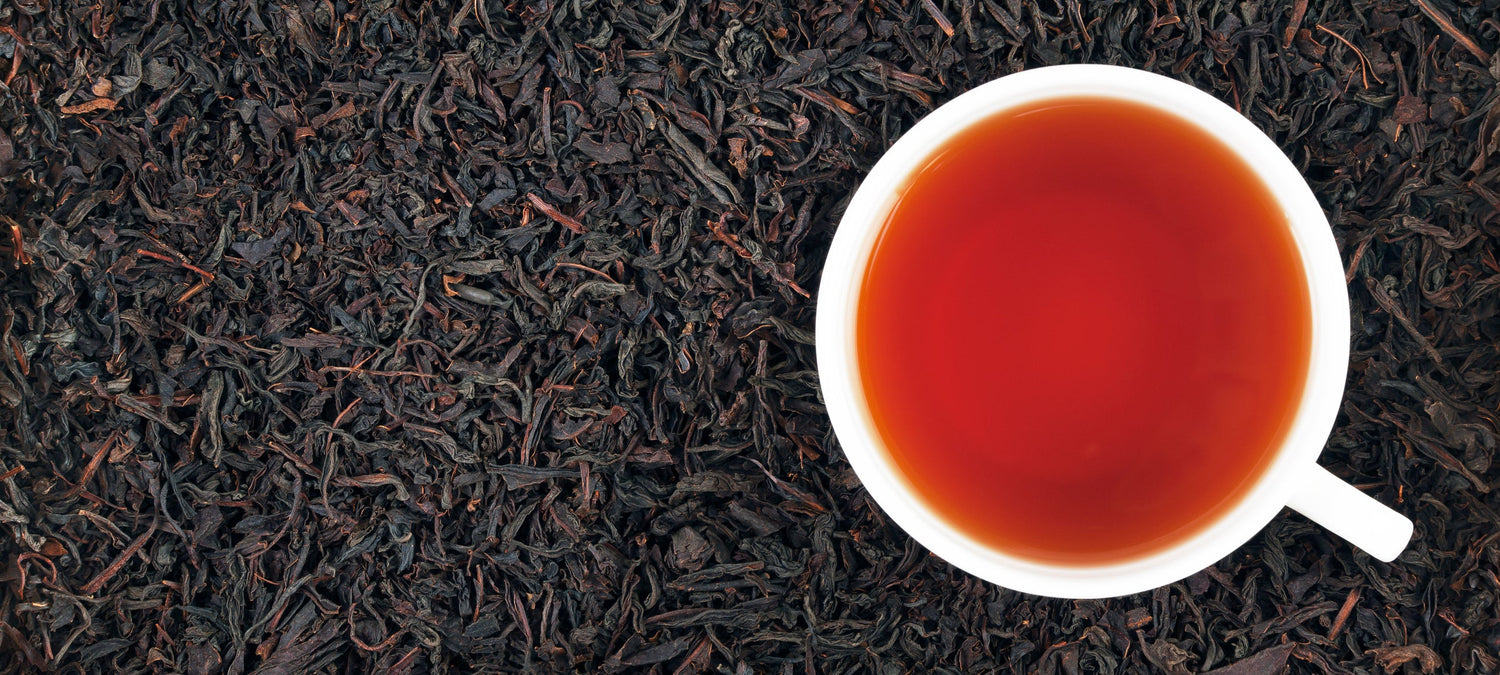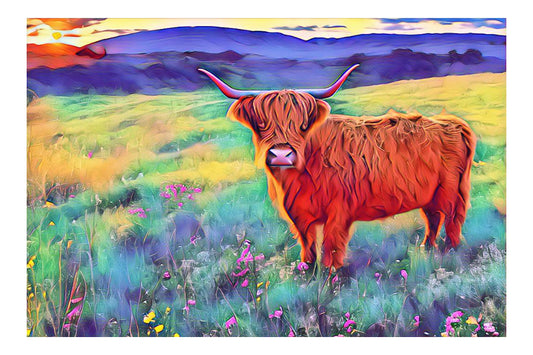Black Tea: Unveiling the Richness of History, Origins, Preferences, and Caffeine Levels
Black tea has captivated the hearts and palates of people worldwide for centuries. It is undoubtedly among the most widely consumed beverages all over the world. People love starting their day with a refreshing cup of black tea, believing it refreshes their minds and provides the energy boost needed to work efficiently throughout the day.
With its robust flavor, deep cultural connections, and moderate caffeine content, black tea has cemented its place as a cherished beverage enjoyed in diverse settings. In this article, we will explore black tea's history, origins, and caffeine levels. We will also discuss a few benefits that will help us understand why people have made black tea an important component of their daily routine.
What is Black Tea?Black tea is a tea produced from the "camellia sinensis" plant that is highly oxidized. These highly oxidized leaves produce a dark reddish hue with a slightly astringent flavor and moderate amounts of caffeine.
A Glimpse into the Past: The History and Origins of Black TeaBlack tea is a relatively new tea type known as "red tea" in China. Like other teas, black tea originates from China, where it was processed from Camellia sinensis leaves. This tea was discovered in China in the mid-17th century. Before the discovery of black tea, oolong, and green teas were the only teas consumed in China.
Even though China is regarded as the birthplace and largest producer of black tea, most tea varieties come from India. Indian black teas are grown and produced in India, mostly in farming regions like Assam and Darjeeling. The black tea grown in India usually has a darker, richer, and full-bodied character.
How Black Tea Was Discovered?It is believed that black tea was discovered accidentally when the Army from Jianxi entered the Fujian Province and camped near a tea factory. As a result of this camping, the production in the tea factory had to be stopped. The tea leaves were laid out in the sun for longer. This prolonged oxidation of the leaves caused the tea leaves to turn dark black.
A farmer placed these leaves over a fire or pinewood to save the tea and accelerate drying. This process resulted in a tea that was smoky in flavor. That’s how black tea was discovered.
Exploring the Allure: Why People Are Drawn to Black Tea?The widespread appeal of black tea can be attributed to its distinctive characteristics and countless health benefits. One of the primary reasons people are drawn to black tea is its robust and full-bodied flavor profile.
The oxidation process imparts a deep and malty taste with varying levels of astringency, providing a satisfying complexity that resonates with many taste preferences.
Furthermore, the versatility of black tea cannot be overlooked. It serves as the base for classic blends like English Breakfast, Earl Grey, and Chai, each offering a unique sensory experience. Black tea accommodates various flavor preferences, whether enjoyed plain, with milk, sugar, or even a slice of lemon.
· The Health Benefits of Black Tea
Apart from that, black tea offers countless health benefits, which urge people worldwide to make this delicious beverage a part of their daily lives. Let's discuss some of the health benefits of black tea.
Improves Heart Health
Studies suggest that drinking black tea positively impacts the health of your heart. The presence of high amounts of antioxidants (flavonols, theaflavins, gallic acid derivatives, etc.) in black tea plays a vital role in minimizing the risk of developing heart disease.
Diminishes the Growth of Cancerous Cells
Drinking black tea is one of the best ways of diminishing the growth of cancerous cells. The presence of health-promoting flavonoids plays a crucial role in minimizing the risk of developing advanced cancer, especially prostate or ovarian.
Reduces Inflammation
Another benefit of drinking black tea is its anti-inflammatory properties, which can help reduce inflammation by calming symptoms of illnesses like arthritis.
The Energizing Elixir: Caffeine Content in Black TeaFor all tea lovers, a cup of black tea signifies more than just a pleasant taste; it offers a subtle energy boost. Caffeine, a natural stimulant in tea leaves, contributes to the invigoration of black tea.
However, black tea generally contains less caffeine than coffee, making it an attractive choice for those seeking a milder yet effective pick-me-up.
On average, an 8-ounce cup of black tea contains around 40-70 milligrams of caffeine. This moderate caffeine content strikes a balance, providing a gentle lift without the jittery aftermath often associated with higher caffeine beverages. The combination of caffeine with other naturally occurring compounds like L-theanine can contribute to heightened alertness and focus while promoting a sense of calm.
Final Words: Savoring the Tradition and Flavor of Black TeaBlack tea's journey from ancient China to global prominence is a testament to its enduring appeal. Its rich history, robust flavor, and moderate caffeine content have contributed to its popularity across cultures and generations. Whether enjoyed as part of a morning routine, during a contemplative moment, or in the company of friends, black tea's warmth and comfort remain constants in an ever-changing world.
So, the next time you raise a cup of black tea to your lips, remember that you're sipping on a beverage that carries a history as deep and complex as its own flavor.





